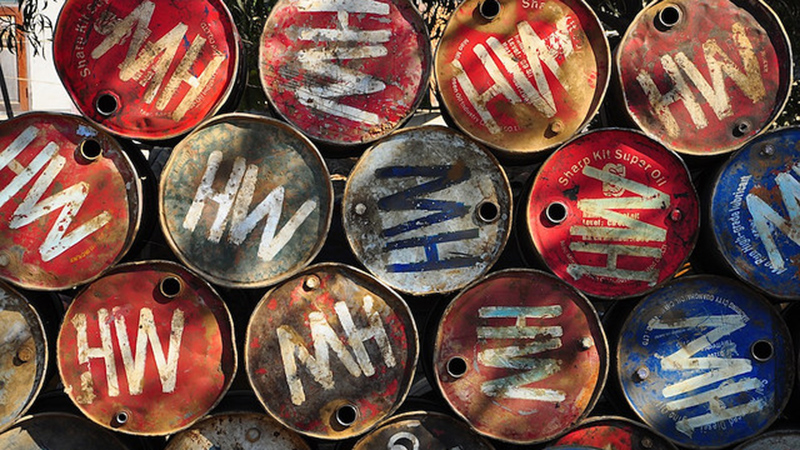It’s been a week for donning scuba gear and taking a deep dive into the oil glut.
The world is awash with crude as coronavirus lockdowns and the resulting economic downturn hit demand.
Some believe oil demand peaked in 2019 and will never bounce back, as climate concerns guide the recovery, but that is far from a given.
A switch from public transport to private cars for social distancing, as seen in Chinese cities leaving lockdown, could drive another boom.
I examined the climate implications of the oil crash and the case for a managed decline in production.
Diary date
Well, sort of. More of a window. The Cop26 climate summit in Glasgow, UK will be some time between May and November 2021, UK climate champion Nigel Topping said during a webinar hosted by Climate Action.
It has to fit around the G7, also in the UK, the G20 in Italy, the Olympics in Japan and the UEFA European Football Championship.
The decision is to be taken by the UN Climate Change bureau at its next meeting, later this month or early June.
Hunger pangs
You can’t eat crude oil. Millions of people are finding it harder to put food on the table, as the pandemic response disrupts trade.
UN special envoy Agnes Kalibata told Chloé Farand shorter supply chains are key to creating a more resilient and sustainable food system.
A summit in the second half of 2021 aims to get the world back on track to eradicate hunger by 2030, a UN sustainable development goal.
Missed targets
Germany is lagging 20 out of 25 goals in its sustainability strategy, the German Advisory Council on the Environment found.
“So far, the failures are too often simply accepted and targets are postponed into the future,” the authors wrote, wearily.
Much stronger emission reductions are needed if Germany is to meet binding climate targets, Euractiv reported.
Coal contagion
Polish coal miners have been reluctant to down tools during the pandemic, despite the health risks and reduced energy demand.
Their hard hats are no protection against the virus, though, and Silesian mines saw one of the worst Covid-19 outbreaks in the country.
It is another blow to a sector that is struggling financially against increased competition from imports and renewables.
This week’s stories
